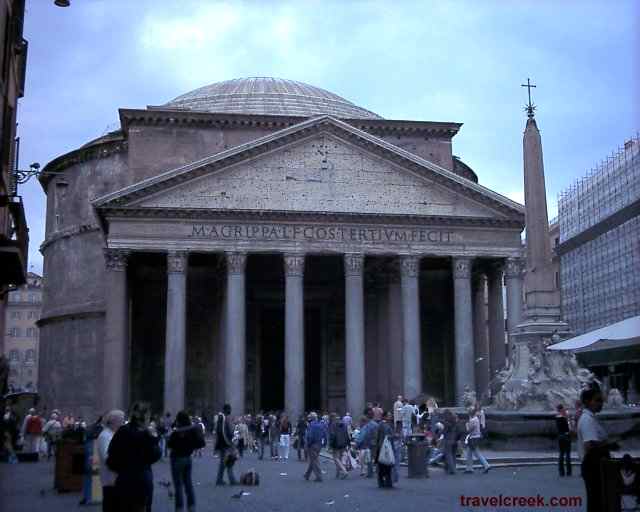
Accent: Texan when I'm home, various elsewhere.
Best Feature: A lion's heart, I've been told.
Chore I Hate: Getting my car washed.
Dog or Cat: Absolutely dogs! Especially my mini black dachsund Ezali.
Essential Electronics: Mac Laptop, cell phone, IPod for working out.
Favorite Cologne(s): Anything from Creed.
Gold or Silver: Gold! - I feel really strongly about this.
Hometown: Remember the Alamo!
Insomnia: Hardly; I wish.
Job Title: PhD candidate in Theology.
Kids: God willing someday, a little girl named Caeli Christi (get it?!) and a little boy named after his daddy... etc. etc. etc.
Living arrangements: Apartments, with whistful glances at my parents' ranch.
Most admirable trait: My advisor says its "moxie."
Overnight hospital stays: Three, when a car ran over my head when I was a child.
Nemesis, arch. The devil, dammit.
Phobias: Swimming in the ocean, elevators, cramped spaces, the dark.
Quote: Come thou long expected Jesus.
Religion: Christian. Evangelical, charismatic, hyper orthodox. I believe in Jesus Christ, God's only Son, Lord, Holy-Spirit conceived of His virgin mother, suffered, died, buried, descended, resurrected, ascended, waiting to return and judge. I worship Him in His Church, which I love with Him. In other words, I am a Catholic.
Siblings: Oldest of six, four charming boys and two formidable girls.
Time I wake up: Far too often, 4:00 AM.
Unusual talent or skill: I always score perfectly on the verbal sections of standardized tests.
Vegetable I refuse to eat: Steamed broccoli.
Worst habit: Anxiety.
X-rays: Teeth and neck (cf childhood accident).
Yummy stuff I cook: Famous Easter quiche, Indian beans and rice, Beef Bourgignonne, Creamed Spinach, ice water.










 At our house, we celebrate the seasons of the Church with food. Soups in Lent, Indian on December 21st, etc. etc, and most importantly - lamb on/in Easter. I will probably never understand why ham has become the Easter standard. We most certainly don't say "O Hog of God, that takest away the sins of the world." We say lamb.
At our house, we celebrate the seasons of the Church with food. Soups in Lent, Indian on December 21st, etc. etc, and most importantly - lamb on/in Easter. I will probably never understand why ham has become the Easter standard. We most certainly don't say "O Hog of God, that takest away the sins of the world." We say lamb.









